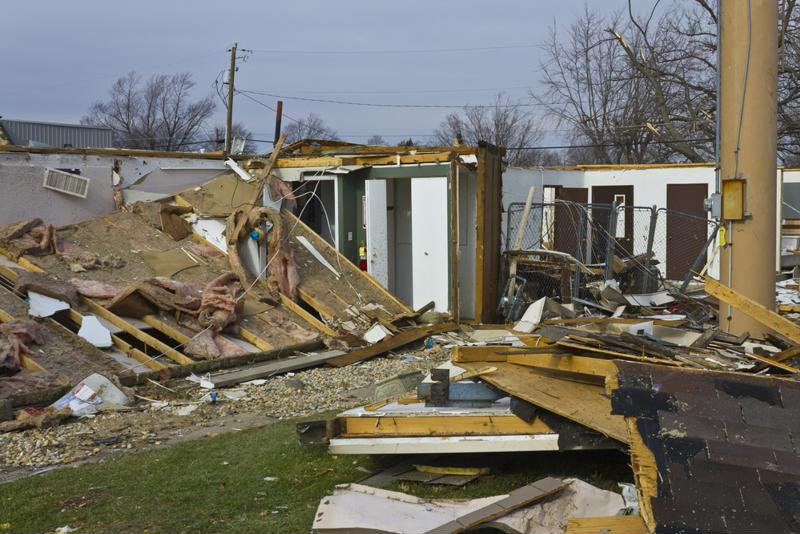One of the worst parts of dealing with water damage is how quickly your home begins to erode after a soak. It doesn't take long for seepage to infiltrate and ruin flooring, wallpaper, insulation and foundation materials. That's why it pays for homeowners to be diligent in keeping a close eye on leak vulnerabilities and remove those risk factors from their home immediately.
A serious leak risk that homeowners often overlook is their water heater. In fact, water heaters are among the leading causes of water damage claims among homeowners. Water heaters are usually stored in out-of-the-way locations, so leaks go unnoticed until they've begun to impact other areas of the home. Considering the relatively short service life of standard water heaters, it makes sense to consider how your home could be at risk for a leak and plan around the possibility.
Interior tank damage is inevitable
When it comes to standard water heaters, leaks are extremely likely as the appliance reaches the end of its service life. That's because mineral deposits build up overtime inside the tank – the presence of these minerals in the water, in addition to the ongoing strain of heating and cooling water for years, cause the tank to corrode from within. The San Francisco Chronicle warned that there's no saving your water heater once this chemical process has begun. That's why it makes sense to decide on an upgrade right away if you suspect your home's heater has already sprung a leak. Your repair options are limited – the longer you wait, the more time water will have to seep into your home.
 Small leaks can turn into extensive home damage.
Small leaks can turn into extensive home damage.Small leaks rack up big repair bills
Don't underestimate the damage a single leaking water tank can do to a building. According to The Daily Item, a leaking 30 gallon water tank caused over $100,000 in damage to the Union County Community Center in Lewisburg, Pennsylvania, affecting 12,000 square feet of commercial space. The leak occurred as a result of a safety valve malfunctioning, which caused the tank to overheat and burst.
Not all household leaks will occur as a result of an exploding tank, though the scenario is certainly possible. Chances are a leak will begin to puddle behind your tank and out of sight. You may not even notice your home has a problem until nearby flooring or wall materials begin to erode.
"The service life of tankless heaters extends past the 20 year mark."
Short service life contributes to maintenance costs
Traditional water heaters only have a service life of about 10 years due to the corrosive build-up that inevitably occurs inside the tank. That's just another reason to go tankless once your water heater begins experiencing symptoms of a leak: There's a good chance you'll deal with a second water heater leak before you move. Why risk a repeat repair when you can go tankless instead? The service life of these appliances extends past the 20 year mark, making them a safer long-term investment than leak-prone standard heaters.
Go tankless to reduce your risks
In addition to a longer service life, tankless water heaters can help reduce leak risks by design. Instead of storing dozens of gallons of water at all times, tankless water heaters heat on-demand. As a result, tankless models experience no internal corrosion and don't pose a constant threat of water damage.
Tankless water heaters can help eliminate inefficiencies in water heating as well, reducing your overall costs and helping to offset the cost of installation. Keep a close eye on your water heater so leak problems don't turn into bank-breaking repairs. If leaks do occur, you can feel confident knowing that a tankless replacement will solve your leak problems and more.

